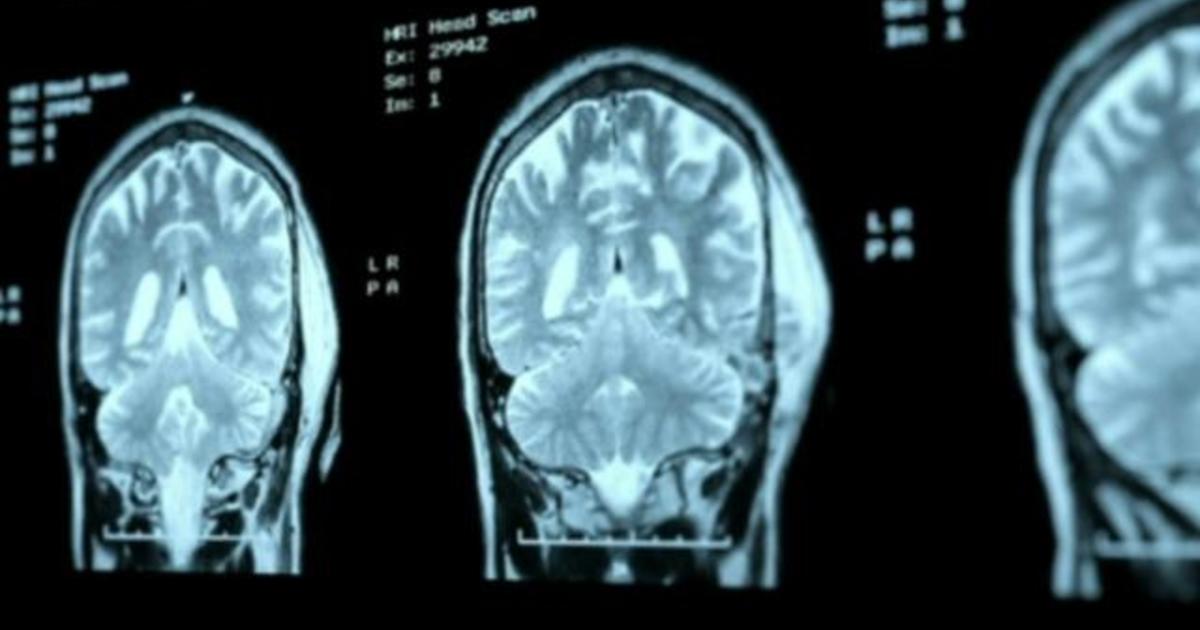
A revolutionary jab, which is designed to remove toxic proteins from the brain before they cause the damage leading to Alzheimer's disease, is undergoing trials on patients in the early stages of the disease. The new vaccine aims to stop damage before it occurs and seems to have only mild side effects.
Once through clinical trials, scientists believe that it could be widely available within five years, preventing future generations from the misery of being struck down by Alzheimer's or seeing loved ones slowly diminish.
Alzheimer's disease is the most common form of dementia affecting approximately 540,000 in the UK. This is predicted to rise to 960,000 by 2040. It can lead to a gradual decline in memory, thinking and ability to function.
Leqembi is a medication that slows the progression in early stages of dementia. Reducing common treatable or manageable conditions such as sleep apnea, hypertension (high blood pressure), smoking, high cholesterol, lack of activity and diabetes has also been associated with a lower risk of developing dementia.
A former senior researcher at the National Institute on Aging said that there are new medications including Leqembi that slow the progression in early stages of Alzheimer's disease. He added that other medications that work like Leqembi can be and will become available in the future, but those are still being reviewed by the FDA.
A revolutionary jab undergoing trials on patients in the early stages of Alzheimer's aims to stop damage before it occurs and seems to have only mild side effects. Once through clinical trials, scientists believe that it could be widely available within five years, preventing future generations from the misery of being struck down by Alzheimer's or seeing loved ones slowly diminish.
Although Leqembi has shown promising results in early stages of dementia, doctors caution that there is still much to learn about this complex disease. They emphasize the importance of reducing common treatable or manageable conditions such as sleep apnea, hypertension (high blood pressure), smoking, high cholesterol, lack of activity and diabetes to lower the risk of developing dementia.
In conclusion, while there is hope on the horizon for those affected by Alzheimer's disease with new medications like Leqembi and a revolutionary jab undergoing trials, it is crucial to manage modifiable risk factors in order to prevent or delay its onset.



